What is the name of the journal article (or book) and what are its coordinates? Miray Philips. 2025. “The Social Construction of Christian Persecution through Quantification in International Religious Freedom Advocacy.” Sociology of Religion....
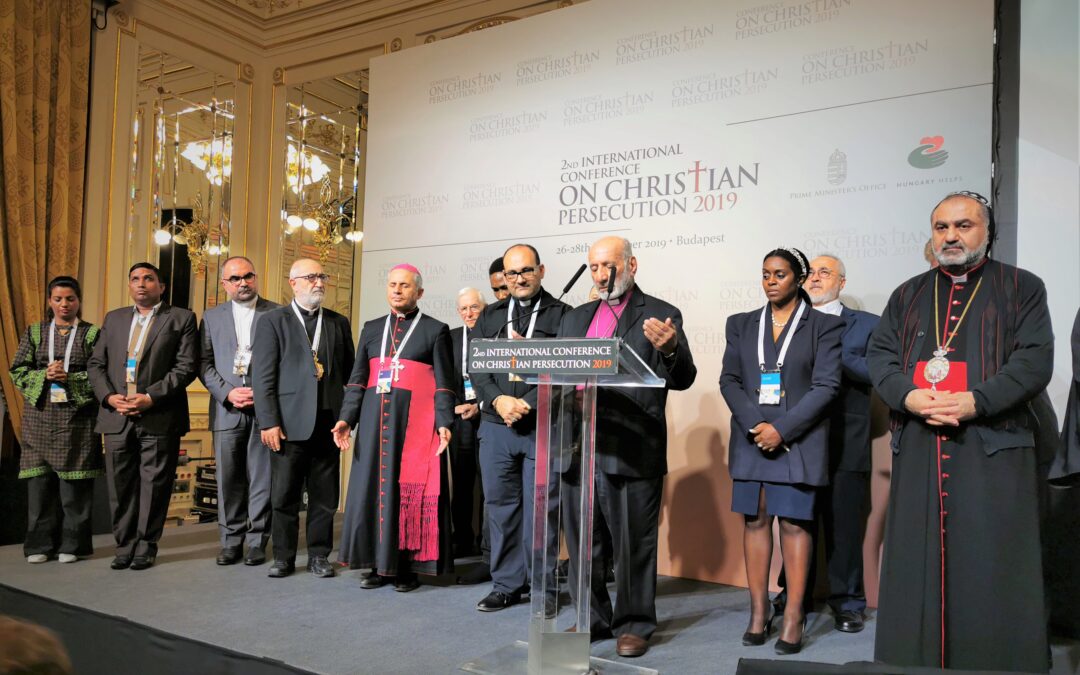

What is the name of the journal article (or book) and what are its coordinates? Miray Philips. 2025. “The Social Construction of Christian Persecution through Quantification in International Religious Freedom Advocacy.” Sociology of Religion....
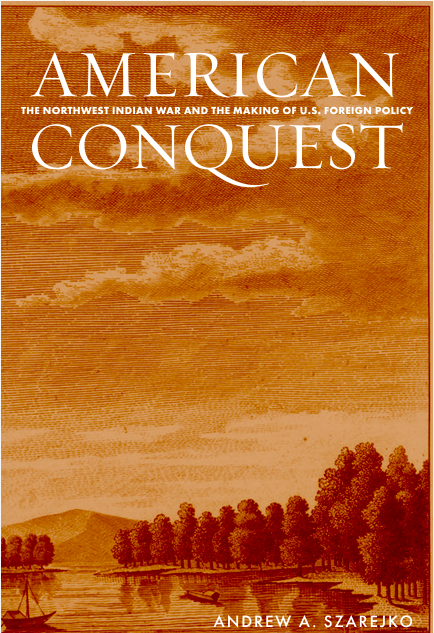
What’s the name of the book, and where can we find it? American Conquest: The Northwest Indian War and the Making of US Foreign Policy (Stanford University Press, 2025). What’s the argument?...
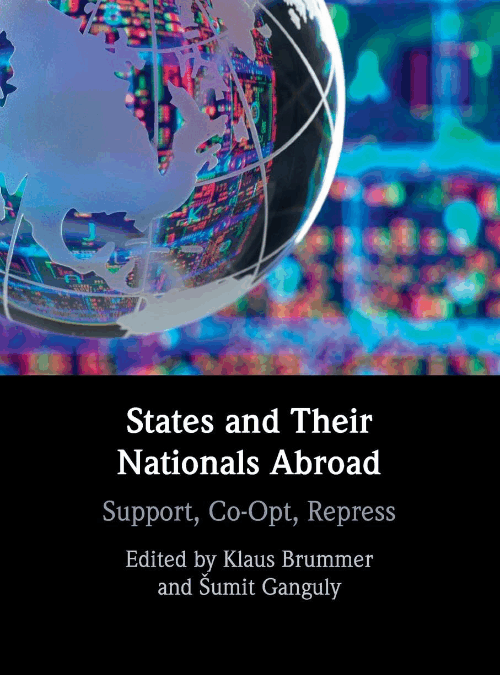
Drew Hogan answers 6+1 questions about how the United States does, and does not, support its overseas citizens.

Charles A. Dainoff, Robert M. Farley, and Geoffrey F. Williams answer questions about their new book

Can human-rights organizations avoid accusations of racism when they criticize certain governments? Can they avoid fueling racism? Zoltán I. Búzás and Lotem Bassan-Nygate test the effectiveness of tactics to counter racism when trying to shame perpetrators.

I wrote a chapter for a newly published edited volume, Teaching Political Science and International Relations for Early Career Instructors. The volume itself, capably edited by Michael P.A. Murphy and Misbah Hyder, is indeed concerned primarily with providing guidance for “Early Career Instructors” (ECIs) ranging from Ph.D. students to tenure-track faculty members. I was asked to write about mentorship for ECIs—given the challenges one faces in the classroom, how can mentors support ECIs? My chapter, “Teaching in Context,” argues against the idea that there is one “right” way to teach any...
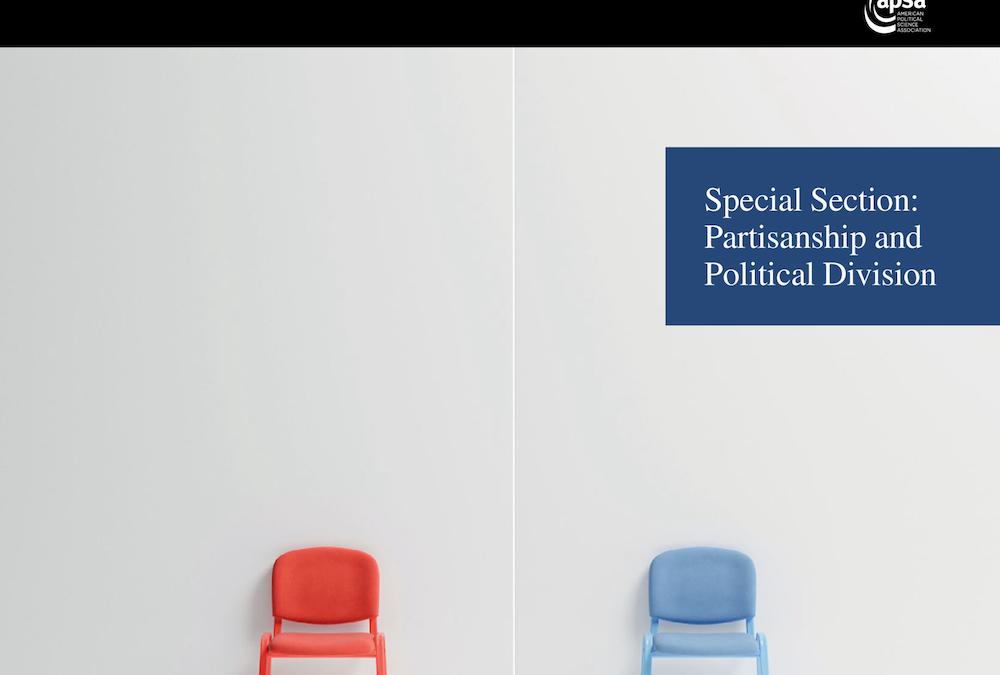
What is the name of the journal article (or book) and what are its coordinates? What is the name of the journal article (or book) and what are its coordinates? “The Fossil-Fueled Roots of Climate Inaction in Authoritarian Regimes” is available in FirstView at Perspectives on Politics. What’s the argument? The more money autocracies make from producing oil and gas, the fewer steps they take to reduce emissions. So it’s no surprise that the United Arab Emirates tried to strike new oil and gas deals when it hosted last year’s climate talks or that Azerbaijan, the host of this year’s talks,...
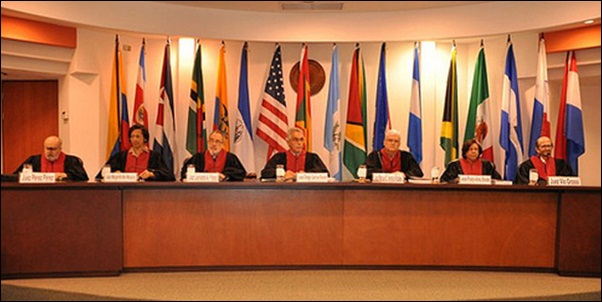
1. What is the name of the article and what are its coordinates? Aníbal Pérez-Liñán and Angie García Atehortúa. 2024. “Oversight Hearings, Stakeholder Engagement, and Compliance in the Inter-American Court of Human Rights.” International Organization. 2. What’s the argument? Compliance with international law is hardly guaranteed. International bodies can secure greater compliance with their decisions by requesting regular reports from relevant states, bringing non-governmental organizations into the supervision process, and holding regular hearings to oversee the implementation of their...
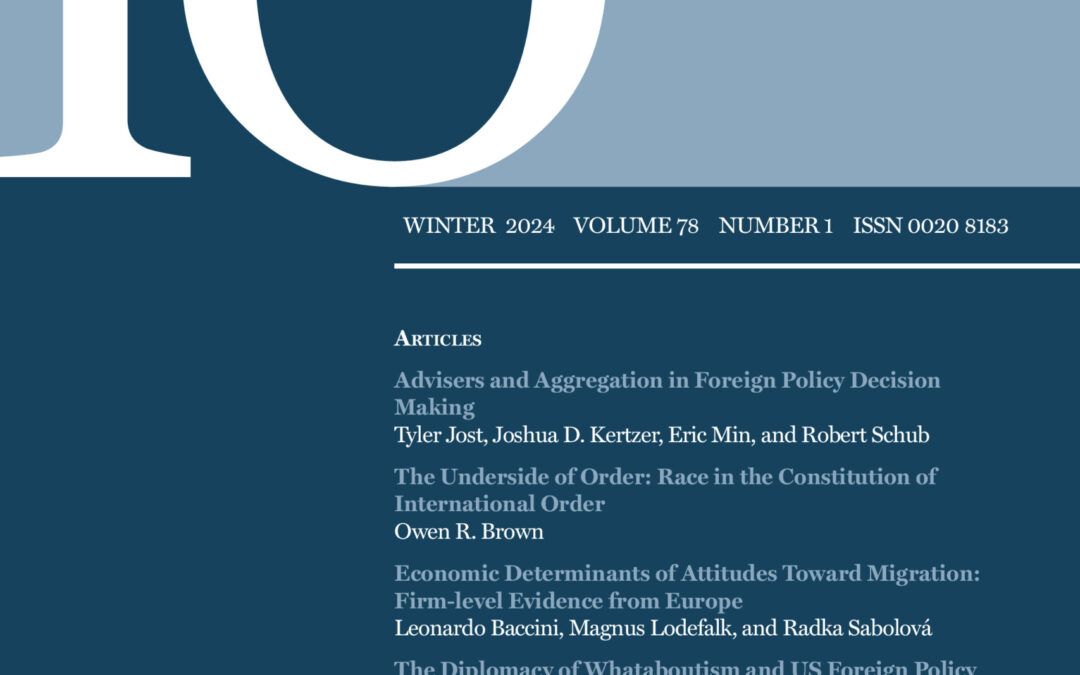
Does Whataboutism work? A new article has answers.
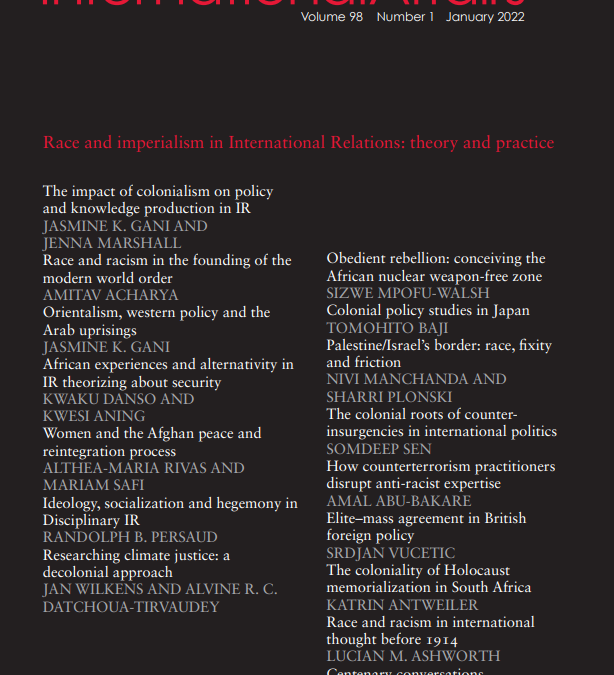
THe short-term contributions of the Special Issue have been worthwhile, but there remains a continued concern and challenge that with greater attention paid to race and imperialism in IR, these issues will become co-opted into the game of academic production, sanitised as intellectual curiosities, instead of being treated as matters of life and death that need to be opposed practically and not just on paper.

International institutional policy, shaped by a globally entrenched explanatory framework of development and underdevelopment, perpetuates the suppression of knowledge production aimed at challenging social, economic, and political injustices by elites across the global South

Intra-elite, state-centric society is a strategic front, and ought to be defended and put to use in the continued development of a global and decolonial turn in IR.